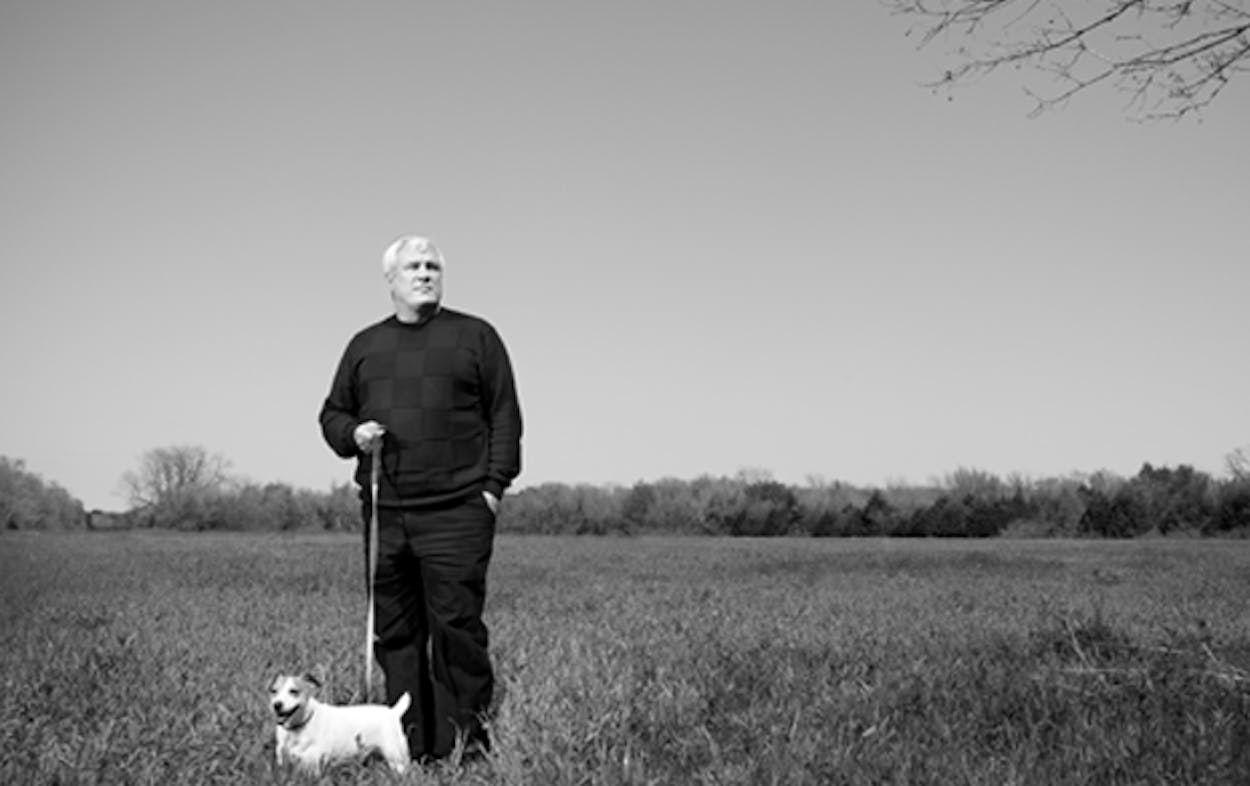What did Kerry Max Cook actually win on Monday, when Dallas judge John Ovard ruled he was entitled to DNA testing on any other evidence found at the crime scene of Linda Jo Edwards’ 1977 rape and murder? Not a lot, most likely.
The truth is, nobody knows if any of that other crime scene evidence gathered and stored 35 years ago (including her bloody jeans and a hair found on her body) even exists anymore. Did someone actually preserve it after Cook took his no-contest deal and left Smith County for good in 1997? Back then, most counties destroyed evidence from cases that were done, and Smith County was no exception.
Even if evidence is found, a judge has to oversee the whole process of figuring out what it means. If, say, that hair was found and if, say, its DNA was matched to James Mayfield, the man whose DNA was actually found in a semen sample taken from Edwards’ underwear found at the crime scene, what would that mean? (It was determined long ago to not belong to either Cook or Edwards.) Cook, of course, would say that that was further evidence indicating he was innocent and that Mayfield killed Edwards. The prosecution would undoubtedly echo what it said after Mayfield’s semen was found on her underwear: it doesn’t mean anything, because Mayfield had been having an affair with Edwards, even though it had been broken off several weeks before.
What would the judge say? That is a big issue. Cook’s attorneys tried on Monday to get the case taken entirely out of Smith County, where, they say, Cook never got a fair trial and still can’t get a fair hearing. “[T]he harassment, persecution, and egregious misconduct suffered by Mr. Cook since 1977 at the hands of three generations of the Smith county ‘justice’ system mandates that any proceeding related to Mr. Cook must be heard outside of Smith County, Texas.” The prosecution denied the “repeated acts of egregious conduct” and said that the judge who would be hearing the case, Christi Kennedy, didn’t even get her law license until 1993. “Here, the substance of the defendant’s argument seems to be that Judge Kennedy’s mere status as a judge sitting in Smith County, Texas, makes it impossible for her to be fair and impartial in ruling on his DNA motion. Fortunately, this is not even remotely the law.”
Judge Ovard agreed with the state, so the case will stay in Tyler. “We’re disappointed, obviously,” says Marc McPeak, one of Cook’s attorneys, “but we’re pleased the court granted the DNA motion.” The search for the 35-year-old evidence has begun, and McPeak is preparing for whatever Smith County finds—or doesn’t find. He’s hoping for the hair but knows that the jeans could change everything, at least if the blood belongs to Mayfield or someone else besides Edwards. “The case would be over,” says McPeak. And Cook could finally get what he has been seeking—an actual innocence judgment, and legal exoneration.








